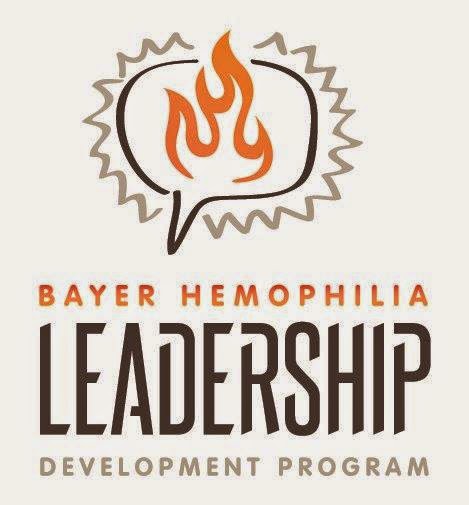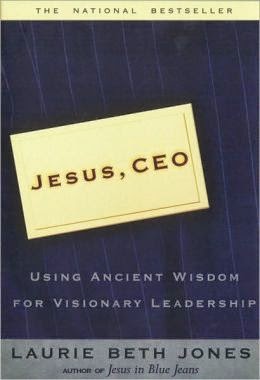Want to be a Leader?
Leonardo di Vinci once wrote: Ask advice of him who governs himself well.
Learning to govern oneself is a principle of leadership, and can be taught and then honed. But not just through books. Often, the best leadership tenets are learned in real life. Bayer is offering a chance for young, potential leaders to govern themselves, test themselves and put their burgeoning leadership in action.
The Bayer Hemophilia Leadership Development Program is one of my favorite programs in our community. It’s a rare opportunity to be in the thick of decision-making, action and marketing. Read about it below, and apply at www.HemophiliaInternship.com! Deadline is March 13!
Start shaping your future and your community!
Making a change in the world begins by making a change in your community! Apply to be an intern through the Bayer Hemophilia Leadership Development Program and begin to learn how to be the change YOU want to see in the world. Students enrolled full-time in college who are touched by hemophilia can apply now for the opportunity to: Engage in leadership training and hands-on business projects Learn how to support the hemophilia community as a potential future leader
Apply now for a six-week paid internship at Bayer HealthCare’s U.S. headquarters in New Jersey. In addition to working directly with leaders at Bayer, selected interns will:
Collaborate with local hemophilia organizations and learn about efforts to support the hemophilia community and partnerships with business professionals
Meet with healthcare public policy professionals to experience first-hand how effective advocacy relations impacts legislative decisions
Be responsible for developing a project that will be presented to Bayer Senior Management.
Learn more at www.hemophilialead.net
Great Book I Just Read
Take Yourself to the Top
Laura Fortrang
This is the perfect book for beginning leaders. A hard-hitting, direct and fun read about how to clarify your needs, set goals and remove obstacles to your goals. Fortrang is a life coach who shows us that without self-mastery, we will continue to be victims of our own biases, addictions, blaming mindsets, and circular thinking. A quick read, fun and impactful, you will start to make immediate changes after reading this! I’ve been reading this book for over 10 years every January to kick off the new year and get myself on track. It works! Four/five stars.




